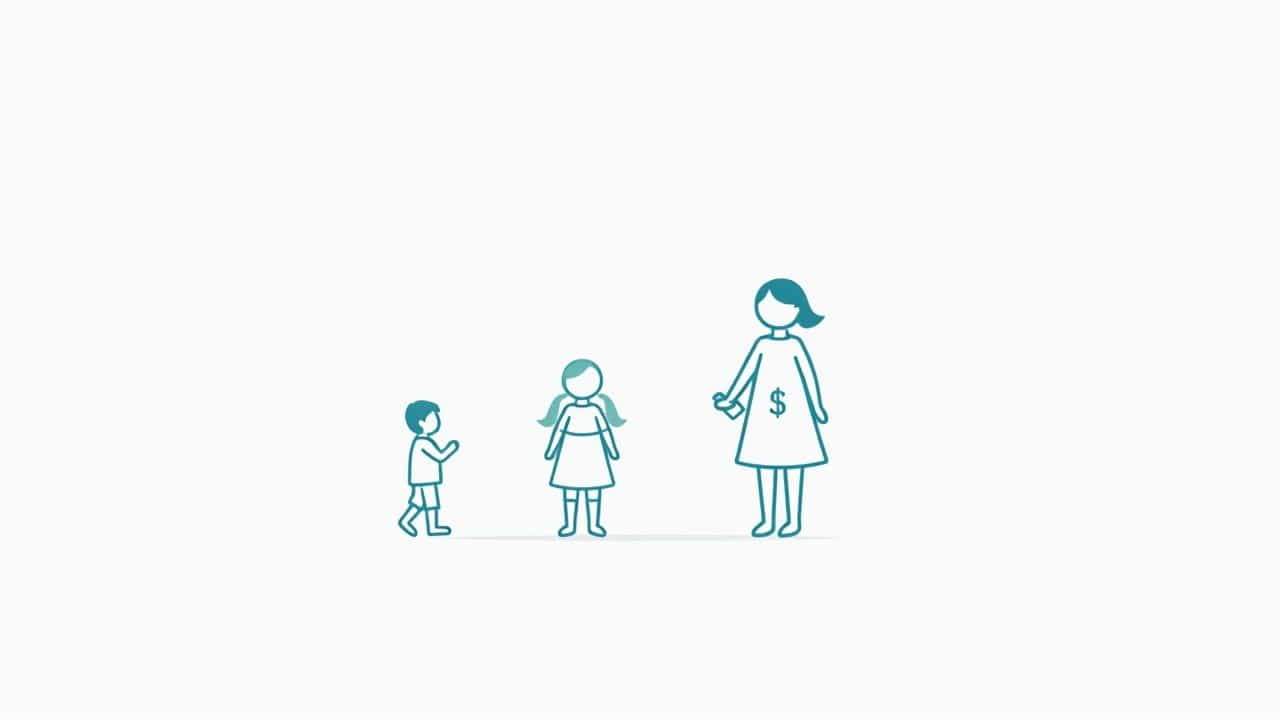YMCA Early Childhood Educator Salary: Job Overview, Pay Scale, and Career GrowthThe YMCA is well-known for its community services and youth programs. One of the most impactful roles within the YMCA is that of an Early Childhood Educator. These educators play a vital role in shaping young minds, fostering development, and preparing children for their educational journey. Many people interested in this career path wonder about the YMCA Early Childhood Educator salary, job duties, and opportunities for advancement. This topic will cover all those topics in detail with easy-to-understand language.
What Does a YMCA Early Childhood Educator Do?
Role Overview
An Early Childhood Educator at the YMCA works with children from infancy to age five. Their goal is to create a safe, nurturing, and stimulating environment that supports children’s social, emotional, physical, and cognitive development.
Key Responsibilities
-
Planning and implementing educational activities
-
Monitoring children’s progress and behavior
-
Providing care routines such as feeding, diapering, and rest time
-
Engaging parents in their child’s development
-
Ensuring a safe and clean classroom environment
These educators help build the foundation for lifelong learning in a fun, structured setting.
Qualifications Needed to Become a YMCA Early Childhood Educator
Educational Requirements
-
A Child Development Associate (CDA) credential or an associate degree in Early Childhood Education is often required.
-
Some locations may require a bachelor’s degree in a related field.
Skills Required
-
Strong communication skills
-
Patience and empathy
-
Organizational abilities
-
Creativity for lesson planning and classroom activities
YMCA Early Childhood Educator Salary Overview
Average Salary Range
The YMCA Early Childhood Educator salary varies based on location, education level, and experience.
-
Entry-level positions typically pay between $13 to $16 per hour.
-
With more experience and certifications, salaries can increase to $17 to $21 per hour.
-
In some locations with a higher cost of living, pay rates can reach up to $22 per hour or more.
Annual Salary Estimate
Based on part-time or full-time schedules, an educator can expect an annual income between $27,000 to $44,000.
Factors That Affect YMCA Early Childhood Educator Salary
1. Location
In larger cities or areas with a higher cost of living, the pay is typically higher. For example, YMCA educators in New York City or San Francisco may earn more than those in smaller towns.
2. Education and Certification
Holding a bachelor’s degree or advanced certifications can boost your salary potential. Continuous learning and professional development are encouraged and rewarded.
3. Experience
Like most jobs, the more years of experience you have, the higher your salary. Educators with five or more years of experience generally receive better pay.
4. Additional Roles
Educators who take on extra responsibilities, such as curriculum planning or administrative tasks, often receive higher compensation.
Benefits Offered to YMCA Early Childhood Educators
In addition to salary, the YMCA offers several attractive benefits:
1. Health and Wellness
-
Health, dental, and vision insurance plans
-
Wellness programs and access to YMCA fitness facilities
2. Retirement Plans
- Contribution to 401(k) retirement plans with employer matching in some locations
3. Paid Time Off
- Paid vacation, holidays, and sick leave
4. Professional Development
-
Opportunities for further education
-
Workshops and certifications sponsored by the YMCA
Career Growth Opportunities for YMCA Early Childhood Educators
1. Lead Teacher
With experience, educators can advance to lead teacher positions, where they oversee classroom operations and mentor assistant teachers.
2. Site Supervisor
This role involves managing multiple classrooms, staff, and daily operations at larger YMCA locations.
3. Program Director
Educators can advance to administrative roles where they oversee all early childhood education programs at a regional level.
4. Specialized Education Roles
Some may choose to specialize in special education, literacy development, or child psychology, which can lead to higher salaries and more responsibilities.
Why Choose a Career as a YMCA Early Childhood Educator?
1. Making a Difference
You have the opportunity to positively impact the lives of children and their families every day.
2. Job Security
Childcare and early childhood education are always in demand, ensuring stable employment.
3. Flexible Work Options
YMCA offers both full-time and part-time positions, making it easy to balance work with personal life.
4. Community Environment
The YMCA is known for fostering a supportive and inclusive workplace.
Tips to Increase Your Salary as a YMCA Early Childhood Educator
1. Pursue Higher Education
Earning a bachelor’s or master’s degree in Early Childhood Education can increase your salary.
2. Obtain Additional Certifications
Certifications in areas such as infant care, special education, or behavioral development can make you more valuable to employers.
3. Gain More Experience
The longer you work in the field, the more you can negotiate for higher pay.
4. Take on Leadership Roles
Volunteer for additional responsibilities to demonstrate leadership potential and open doors for promotions.
5. Relocate to Higher-Paying Areas
If possible, consider relocating to areas where YMCA salaries are higher due to demand and living costs.
Challenges of Being a YMCA Early Childhood Educator
1. Physically Demanding
The job involves standing for long hours, lifting children, and constant movement.
2. Emotional Challenges
Working with young children requires patience and resilience, especially in difficult behavioral situations.
3. Managing Paperwork
Documentation and lesson planning are part of the job and can add to the workload.
4. Balancing Needs
Every child is different, and managing diverse developmental needs can be both rewarding and challenging.
The role of a YMCA Early Childhood Educator is a fulfilling career that combines nurturing, teaching, and guiding young children. While the salary varies depending on factors like location, education, and experience, the compensation is competitive within the early childhood education field. With opportunities for career growth, ongoing professional development, and strong community support, it is a career worth considering for those passionate about shaping the next generation.
For those who love working with children and want to make a lasting impact, becoming a YMCA Early Childhood Educator offers both personal satisfaction and professional growth.
